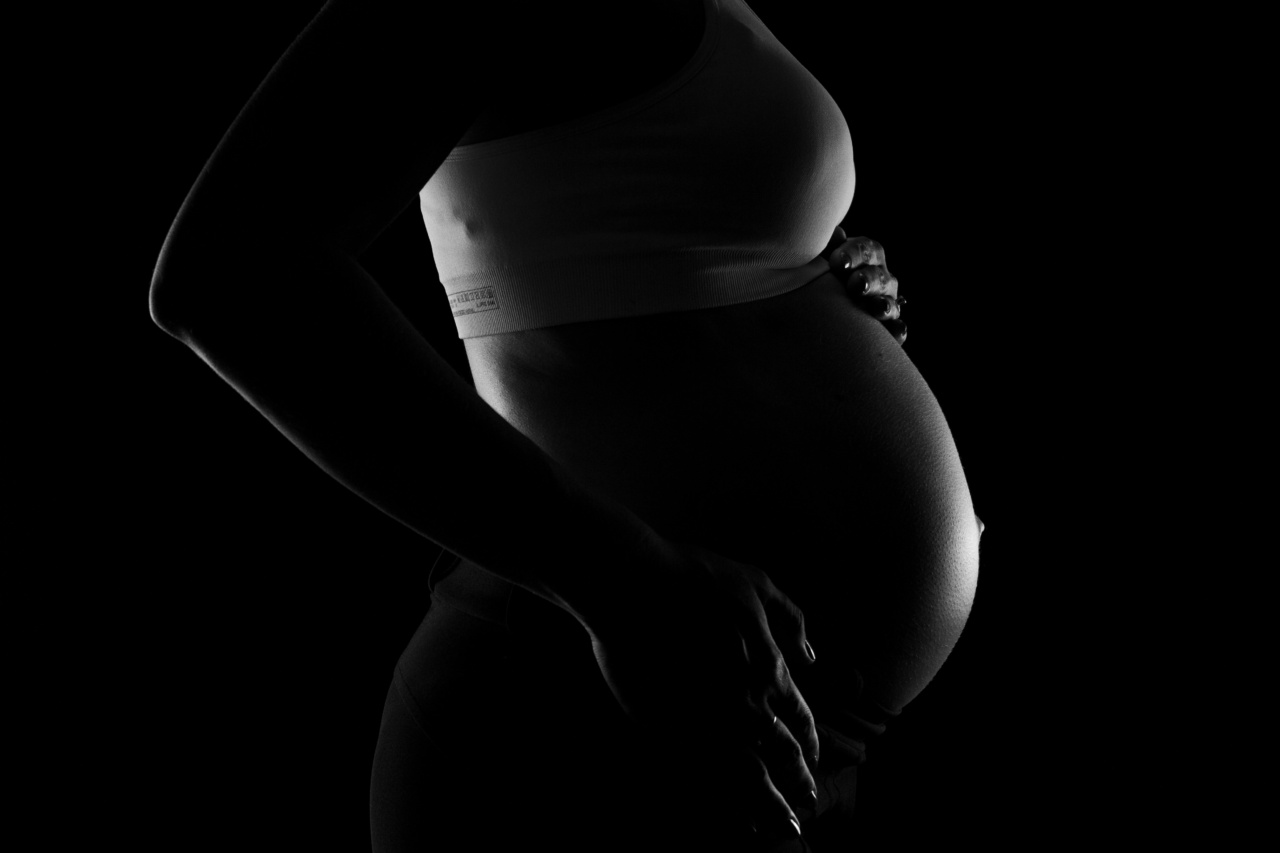Breast cancer is a disease in which cells in the breast tissue grow uncontrollably. Breast cancer can occur at any age but is most commonly found in women who are over 50 years old.
Breast cancer during pregnancy, on the other hand, is rare, affecting only about 0.2 to 2 percent of pregnancies. However, a breast cancer diagnosis can be devastating for a pregnant woman. Treatment options are limited and can be complicated by the pregnancy.
Age
Age is a significant risk factor for developing breast cancer during pregnancy. Women who become pregnant after the age of 35 are at a higher risk for developing breast cancer.
They are also more likely to have tumors that are more advanced and more aggressive.
Family History
A family history of breast cancer is another risk factor for developing breast cancer during pregnancy. Women who have a first-degree relative, such as a mother or sister, who has had breast cancer are at a higher risk of developing the disease.
BRCA Gene Mutations
Women who carry mutations in the BRCA1 or BRCA2 genes are also at a higher risk of developing breast cancer during pregnancy.
These mutations can be inherited from the mother or father and significantly increase the risk of developing breast and ovarian cancer.
Prior Breast Cancer Diagnosis
Women who have been previously diagnosed with breast cancer are at an increased risk of developing a new tumor during pregnancy.
They should discuss their pregnancy plans with their healthcare provider and their oncologist to understand the risks and potential treatment options.
Exposure to Estrogen
Estrogen is a hormone that has been linked to an increased risk of breast cancer.
Women who have had early menstrual periods, late menopause, or use hormone replacement therapy are at a higher risk of developing breast cancer in general, but especially during pregnancy.
Alcohol and Tobacco Use
Drinking alcohol and smoking cigarettes have been linked to an increased risk of breast cancer. Women who consume alcohol or smoke cigarettes during pregnancy may be putting themselves at a higher risk of developing breast cancer.
Obesity
Obesity has been linked to an increased risk of many types of cancer, including breast cancer. Women who are obese before pregnancy or who gain an excessive amount of weight during pregnancy may be at a higher risk of developing breast cancer.
Radiation Exposure
Radiation exposure can also increase the risk of breast cancer during pregnancy. Women who have been exposed to high levels of radiation, such as cancer treatments or workplace exposure, may be at a higher risk of developing breast cancer.
Lifestyle Choices
Lifestyle choices can also affect a woman’s risk of developing breast cancer during pregnancy. A healthy diet, regular exercise, and stress management techniques can all help reduce the risk of developing breast cancer.
Conclusion
In conclusion, women who are pregnant or planning to become pregnant should talk to their healthcare provider about their risk of developing breast cancer.
It’s essential to understand the risk factors and make lifestyle changes to reduce their risk. Early detection and prompt treatment are critical to improving outcomes for pregnant women with breast cancer.




























